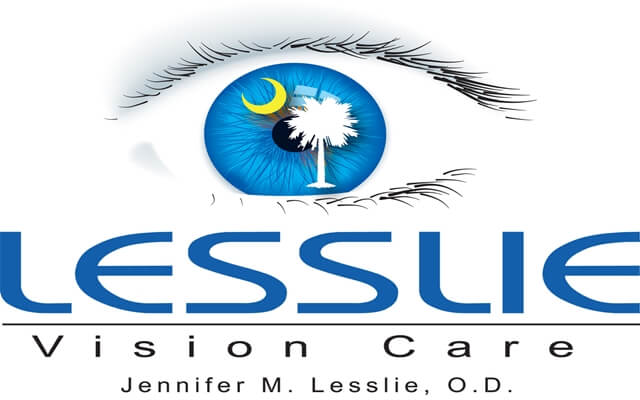A number of recent studies have shown that vitamin D may play a very important role in preventing and treating mental illnesses such as depression and schizophrenia? In fact, in high doses, vitamin D had a positive effect on reducing the symptoms in patients with depression. In a paper presented at the American Academy of Neurology Meeting, it was reported that vitamin D deficiency appears to increase the risk of cognitive impairment, based on a large population based study of older women. Vitamin D acts as a neurosteroid hormone and it has been shown that vitamin D has a unique function on the central nervous system, including the regulation of several important functions and chemicals in the brain.
Vitamin D performs many functions; not only does it act on the central nervous system, but it also regulates the levels of calcium and phosphorous which are necessary for the strength and growth of bones. In addition, it does have an effect on different genes in our body that influence health and many diseases. Research continues to emerge linking vitamin D deficiency to different kinds of cancer (including breast and colon), cardiovascular disease, multiple sclerosis, diabetes and other inflammatory disorders. As far as the eye goes, vitamin D deficiency appears to be associated with both an increased risk of diabetic retinopathy and age-related macular degeneration, two of the leading causes of permanent vision loss in the US.
So, now it is clear that vitamin D is important and the research emerging continues to support this. So now that we, hopefully, have you convinced, you are probably thinking, “What do I really need to know about Vitamin D and how can I tell if I am deficient?”
Here are some answers:
* Our bodies make vitamin D when our skin is exposed to the sunlight–specifically UVB radiation. In fact about 90% of our blood concentrations of active vitamin D are derived from sun exposure. If you work inside and do not spend time in the sun, have darker pigmented skin, or perhaps live in an environment with less sun exposure, chances are your body is not producing enough vitamin D.
* Foods rich in vitamin D include cold water fish, soy beans, eggs and fortified milk
* Vitamin D3 is the most potent and active form of vitamin D. These supplements are readily available over the counter and are not very expensive.
* Many scientists now recommend a minimum of 1000-2000 IU of vitamin D3 per day for adults, with even higher dosages for people of color, those living in the Northern US, people who spend most daylight hours indoors, the elderly, and those shown to be deficient by laboratory testing.
The suggested daily amount of vitamin D is still under debate. That being said, it is pretty safe to say that most people are probably NOT getting enough vitamin D. Talk to your doctor about having a simple test to check your vitamin D levels. This test is called the 25-hydroxyvitamin D test, also called a 25(OH)D.
If you have any questions please don’t hesitate to ask us here at Lesslie Vision Care.
